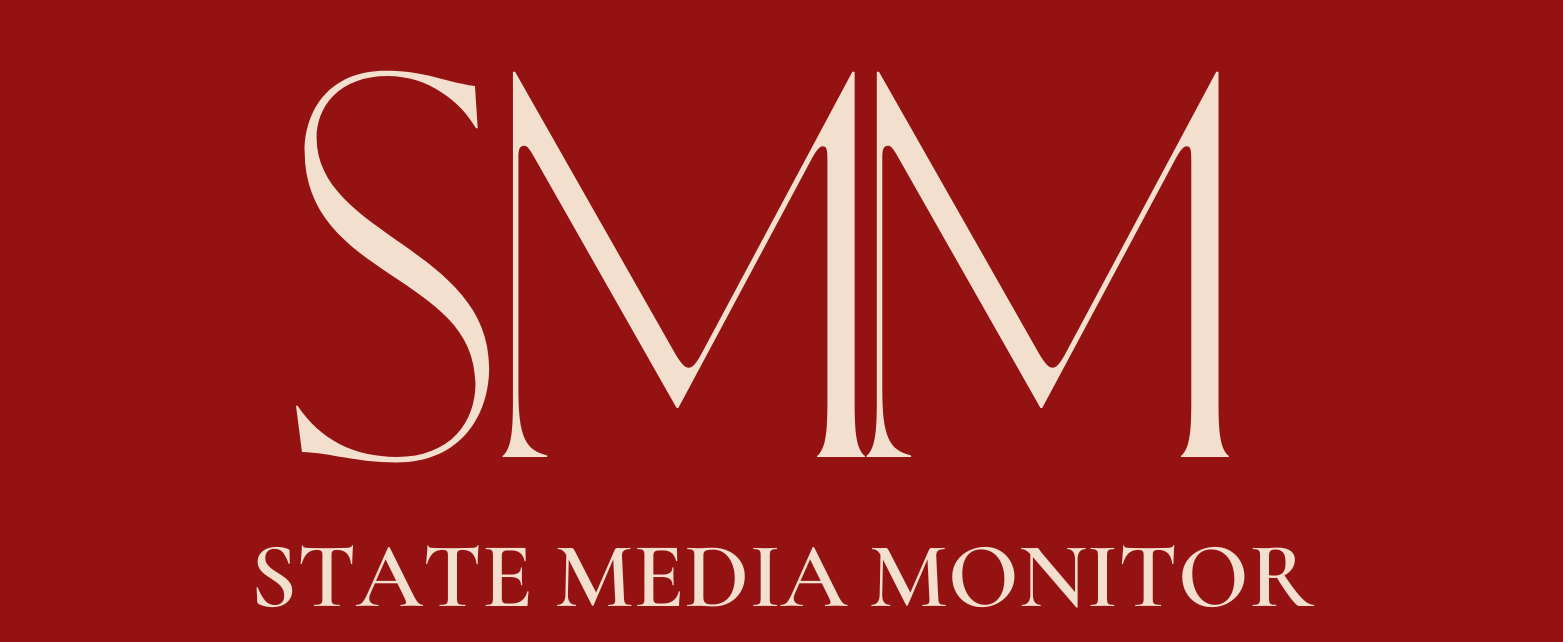Established in 2004, RTVC took the reins from Inravisión, which had served as Colombia’s public broadcaster since 1964. Operating as an indirectly decentralized organization, RTVC oversees a suite of media platforms. Among them are the television channel Señal Colombia, known for its diverse lineup of content such as films, documentaries, cultural programs, and entertainment, and Canal Institucional, which focuses predominantly on government affairs, including presidential addresses, congressional sessions, and activities of state authorities.
In addition, RTVC manages Colombia’s national public radio stations: Radio Nacional de Colombia, a platform with a storied history dating back to 1940, now largely centered on news and music programming; and Radiónica, a rock-centric station catering to the nation’s younger demographics.
Driven by regulatory changes in 2019, RTVC expanded its digital footprint by rolling out new online channels, including Señal Clásica, Señal Digital, Radiónica 2, and Radiónica 3. Importantly, it was also mandated to make its extensive archives of radio and television accessible to the public, opening a treasure trove of media heritage to the nation.
Media assets
Television: Señal Colombia, Canal Institucional; Radio Nacional de Colombia, Radionica
State Media Matrix Typology
Ownership and governance
RTVC was founded as a state-operated public media organization under the provisions of Decree 3525 in 2004. In accordance with Law 1978 of 2019, the government is tasked with appointing its director, who serves as the “manager” entrusted with steering the helm of national public radio and television, as outlined in Article 45 of the said law.
The entity operates under the watchful eye of both a Board of Directors and a Board of Partners, which chiefly oversee its corporate governance. The President of the Republic exercises regulatory authority over RTVC through the Ministry of Information Technologies and Communications and designates its general director. In April 2024, Hollman Morris, known for his work on protection of human rights, was appointed head of the RTVC.
Source of funding and budget
Colombia’s public service media is financed through a governmental state fund known as FONTV, whose structure underwent a revamp in 2019 via a series of legislative adjustments.
By 2020, RTVC’s overall budget stood at COP 253bn (approximately US$ 72m), with over two-thirds of the funding drawn from government subsidies, while the remaining amount was sourced through a mix of income streams, including commercial revenues.
Funding for RTVC is derived from levies imposed on private radio and television broadcasters, with the scope extended in 2019 to include contributions from telecommunications companies.
In 2022, RTVC reported total earnings of COP 226bn (US$ 58.3m), over 70% of which flowed in as state-backed support, as detailed in a corporate report. A year later, in 2023, the broadcaster saw its budget climb to COP 301bn (US$ 74m), according to financial documentation. In 2024, RTVC’s operating budget took another leap, reaching COP 385bn (US$ 98m), with the bulk of the funding supplied by the state.
Editorial independence
RTVC has comprehensive internal regulations and manuals. Additionally, Law 1978, enacted in 2019, requires the government to promote public interest content across various platforms and facilitate citizen participation in public media.
In practice, RTVC is closely controlled by the government, as shown by a series of incidents in the past years. For example, in December 2018, journalist Santiago Rivas had his program “Los puros criollos” (meaning “creole cigars” in Spanish) removed from RTVC after he criticized a law on technological convergence promoted by President Iván Duque. Although station officials claimed that the decision to remove the program was not censorship, a later recording revealed that it was a deliberate move to punish the journalist for his criticism. The broadcaster’s manager, Juan Pablo Bieri, was heard saying that the journalist’s behavior was like “biting the hand that feeds you.” After facing criticism in the media, Bieri had to resign. In his resignation letter, he confirmed the close links between the President and the general director of RTVC, thanking the president for the job and his trust.
In recent years, accusations of censorship at RTVC continued to emerge. In March 2024, several journalists said that the broadcaster is entirely at the government’s disposal. They said they risk losing their contract if they try to oppose editorial decisions.
Under the leadership of Hollman Morris, who assumed the role of RTVC director in April 2024, the situation took an even sharper downturn. Critics among the network’s journalists have accused him of turning the broadcaster into a mouthpiece for political propaganda aimed at bolstering his ally, President Gustavo Petro.
RTVC’s “code of integrity” is overseen by a collegiate body of the station’s directors. However, the code only refers generally to RTVC’s public service mission and not specifically to its editorial independence.
RTVC is subject to oversight by several external “control entities” that monitor its programming. One of these entities is a citizen oversight body that ensures the broadcaster is using state resources by existing legal provisions. However, RTVC lacks a dedicated mechanism to oversee its editorial independence.
March 2025
